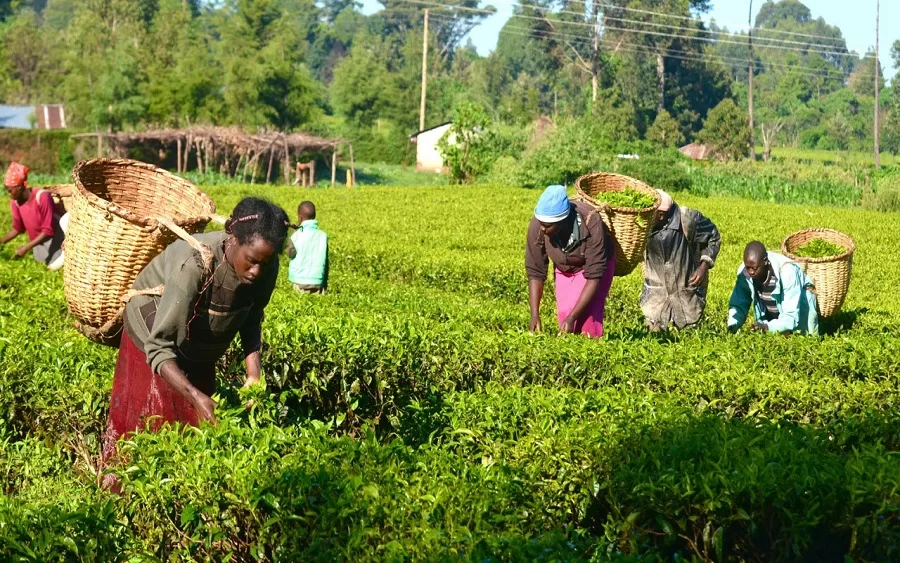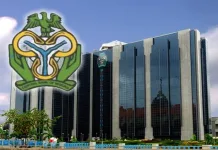There’s nothing worse than insecurity for a farmer on his farmland. It kills productivity and renders the farm useless.
Insecurity frustrates farmers’ efforts to meet their goal of providing food for society.
Several farmer’s associations have called on the Nigerian government to tame insecurity and allow farming to come alive again, to end food insecurity.

Farmers have lamented how Nigeria’s heightened insecurity and high foreign exchange rate are killing their businesses.
The situation is impacting production and threatening the food security ambition of President Bola Tinubu-led government.
“Farmers are abandoning their farms due to insecurity in the country,” said the National President of the All Farmers Association of Nigeria (AFAN) Kabir Ibrahim
Have You Read: Kebbi Farmers To Receive Free Petrol From FG
Ibrahim said: “We are faced with so many challenges, especially now. The biggest challenge is insecurity.
“Farming is a rural vocation; though there could be urban agriculture. But essentially, it’s a rural vocation.
“You need to go to the villages and hinterlands to be able to do that.
“But if there is insecurity, you have no confidence in cultivating anything in those areas”.
Ibrahim noted that farmers’ challenges were evident in the present high food inflation, which the National Bureau of Statistics reported at 33.93% in December 2023.
According to NBS, the rise in food inflation on a year-on-year basis was caused by increases in prices of bread and cereals, oil and fat, potatoes, yam, and other tubers.
AFAN Urges Government To Address Insecurity And Inflation
The AFAN president called on the government to address the rising inflation which has continued to devalue the naira.
It is a known fact that the naira exchanged at ₦1,445/$ at the official forex market and ₦1500/$ at the parallel window.
“We cannot even rationalise today that the dollar sells for about N1500, which is crazy.
And if we do not do anything to change the narrative, there is no way it will not get to ₦2,000.
The neighbouring countries that we had looked upon as very poor have stronger currencies than the naira.
“And since we signed the Africa Continental Free Trade Agreements, Africa has become one market.
So those countries come to Nigeria to buy our products and they consider them cheap.
So, the pressure on our agricultural produce is not only from within, it’s also from without.
All these accumulated challenges make life unbearable to the common man,” he said.
Ibrahim further lamented the high cost of transportation and its effect on the cost of food in the country.
According to him, transporting foods from farmlands to the market has been difficult due to poor road infrastructure which also encourages post-harvest losses.
Sustainable Agriculture Is Achievable
For him, achieving sustainable agriculture requires focus, education, mechanisation, and storage, among other things, to upscale productivity.
“Nigeria’s agriculture needs higher investment than we have now from both the private sector and the government.
You May Also Like: Enugu Farmers Receive ₦40m Agro-Inputs Gear From FG, IFAD
“Many things are happening, embracing biotechnology and genetically modified (GM) foods to scale our productivity because of our growing population.
30 years from today, Nigeria will have 400 million people.
If today with 270 million people we are grappling with food security, what will happen in 30 years?






